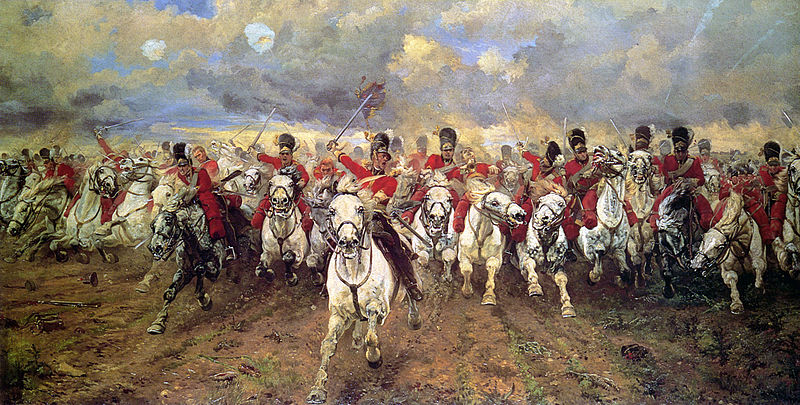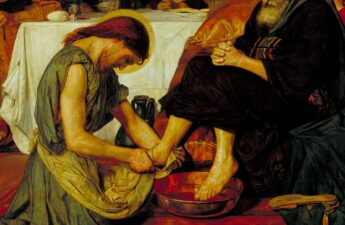“A chain is only as strong as its weakest link.”
One of the earliest accounts of this saying is an old Basque Proverb- ‘Haria meheenean eten ohi da’. This translates to ‘A thread usually breaks from where it is thinnest.’ In 1786, Thomas Reid wrote a similar sentiment- “In every chain of reasoning, the evidence of the last conclusion can be no greater than that of the weakest link of the chain, whatever may be the strength of the rest.” Closest to its current form, Cornhill Magazine published an article in 1868 that stated “A chain is no stronger than its weakest link…”
On the surface, this proverb seems like a cheesy, shallow corporate slogan; pulled out whenever team spirit is low.
But it holds much more depth than we may initially think. It emphasises the importance of the collective. Every individual is part of a group, team, partnership etc. How well this group functions impacts the individual greatly. The most obvious, and profound example, is the family unit. Imagine a member of our household or close family, who is difficult or malfunctioning in some kind of way. Without giving it much thought, we know that this will impact us and the rest of the family in various ways. We’re so fundamentally reliant and influenced by our closest social unit, it’s in our own best interest to try and strengthen the ‘weakest’ members. In extreme situations and circumstances, this is not always possible, but in many cases, it is. With some attention, guidance and through leading by example, we can offer those struggling an opportunity for redemption and improvement.
When all members are functioning to full capacity, the family unit can flourish and everyone can thrive on an individual level.
The family unit is what impacts us the most but it’s the same in every group. In a team at work, if one member is less capable or lacking effort, it impacts the team as a whole. One individual can very quickly add extra work for others, affect efficiency, decrease quality of the work, etc. Whether it be family, friends, or colleagues, we need these groups to function properly in order to bring about our own individual success.
It can be tempting to try and ignore or remove ourselves from the weaker or more troublesome members of our various groups.
But we simply cannot exist in isolation. We are only half functioning if we are attempting to do so in a vacuum. We needn’t even appeal to our empathetic or compassionate side, we can selfishly see how supporting the ‘weak links’ of the world is necessary. The success of our relationships and of ‘our team’, means more to us than we know, or perhaps, are willing to accept.




